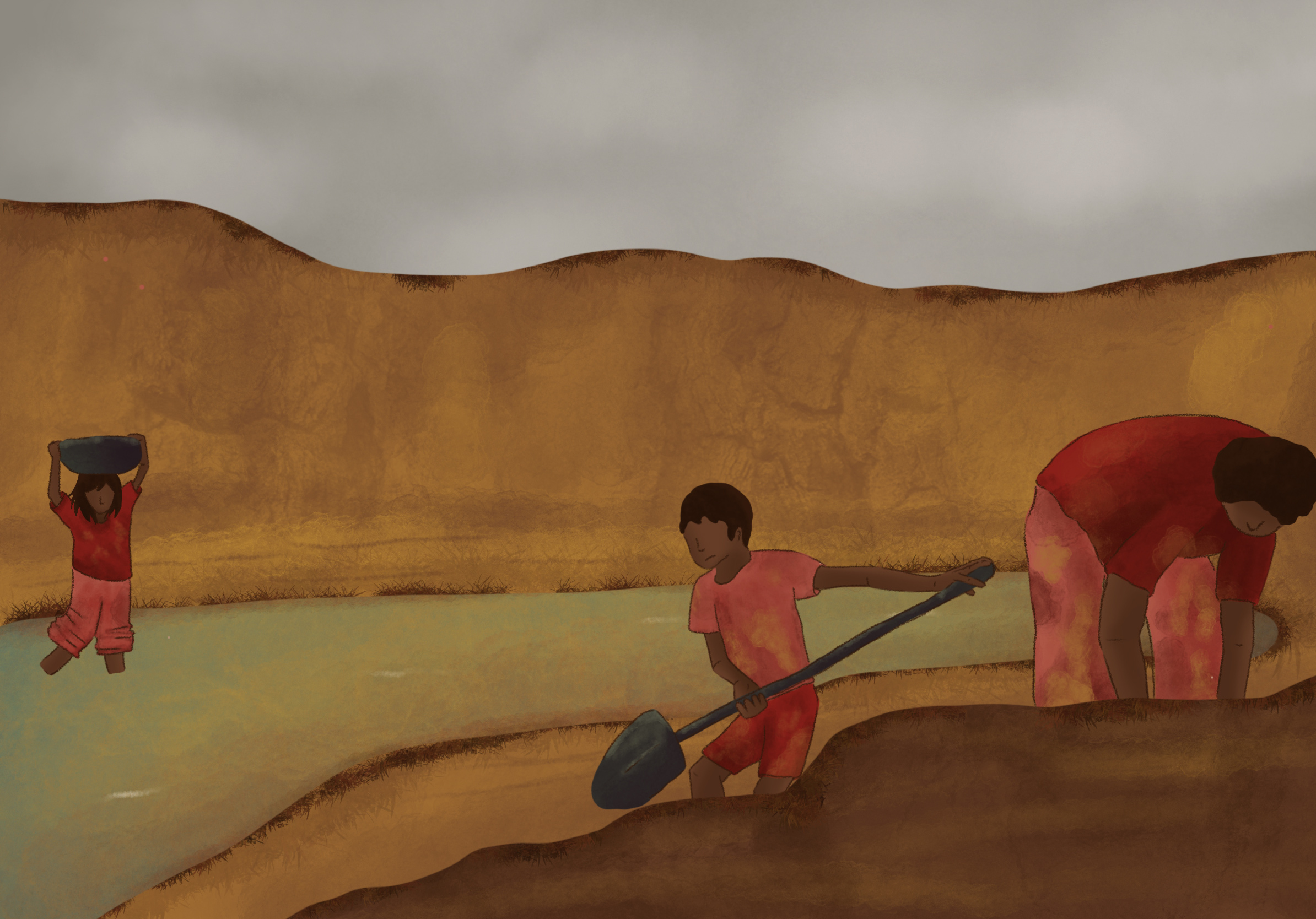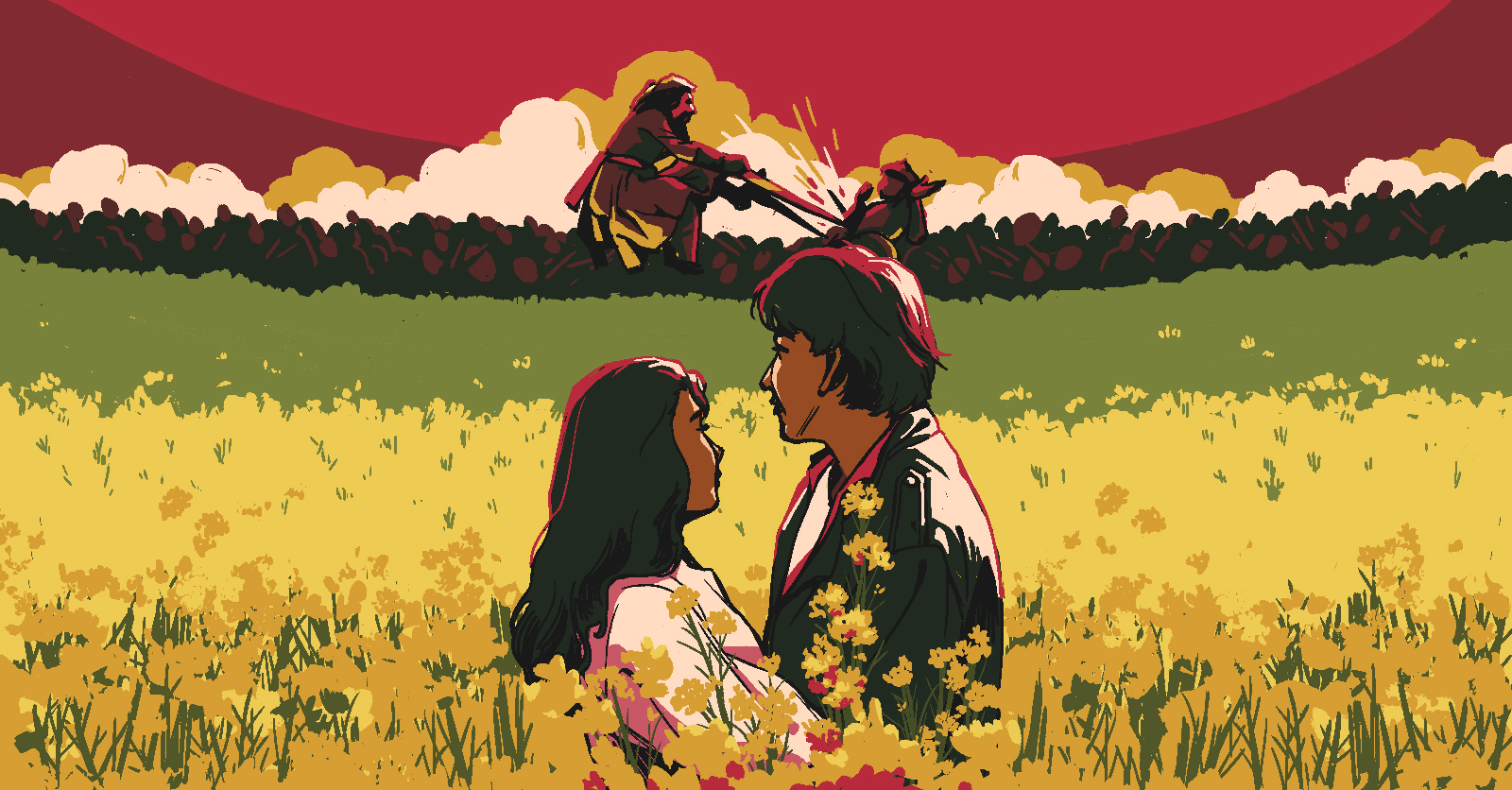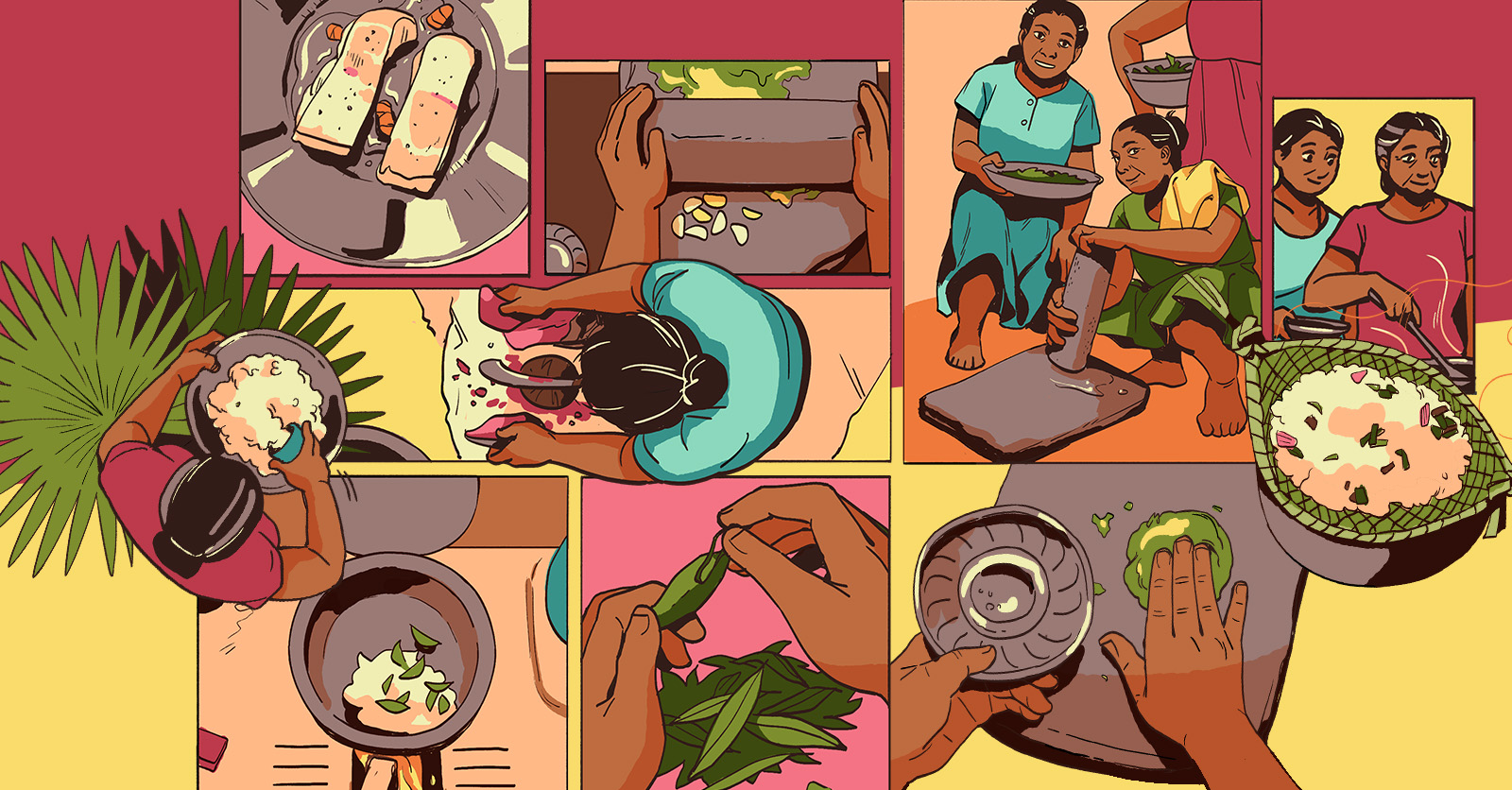
Murky waters
Where did your ornamental fish come from?
by Naomi Clark-ShenOrnamental fish are the most popular pets in the world: millions of individuals are traded globally, generating US$3 billion a year. Singapore is a global hub for keeping and exporting these fish. While most of the fish traded are now bred in captivity, many are taken from the Amazon river. So how does this trade operate? And most importantly—does your pet fish have a dark past?
It was 1936 when a beautiful fish caught from the Amazon river—the neon tetra—popularised fish keeping as a hobby. Since then, the industry has boomed. It involves over 125 countries, generates US$3 billion in fish trade, and US$15 billion when accounting for equipment and literature.
But the neon tetra was soon dethroned when an even more beautiful (but very similar), fish was discovered in the Amazon in the 1950s—the cardinal tetra. This is the ornamental fish industry: a never-ending pursuit for the most beautiful specimens.


The cardinal tetra (right) replaced the neon tetra (left) in popularity, as it is deemed more beautiful because of the longer red stripe on its body. Images from Wikimedia Commons.
Today, there are over 2,500 species of ornamental fish in trade. More than 90 percent of these fish are from freshwater origins, and while over 90 percent are now bred in captivity (including the neon tetra), around 10 percent are still taken from the wild. Although a small proportion, this still equates to millions of individuals.
Most wild-caught fish come from South and Central America, with the Amazon river being one of the key suppliers. But what impact does the trade have on the environment—and the people?
Many wild fish are caught in the tributaries of the Peruvian Amazon, such as the Itaya, Nanay and Ucayali rivers. Around 10,000 people earn an income from this industry—primarily men from poor communities.
Capturing wild fish is lucrative compared to their other livelihood options, paying nearly US$19 per day compared to agriculture or day labour which pays just US$4 per day. For many, it is the main source of income in villages where economic opportunities are scarce.
Fishermen embark on long expeditions into the Amazon’s mighty tributaries in small dugout wooden canoes to search for these globally-desired fish. For some, it is a year-round job. For others, they only take part when water levels are low, making for easier fishing.

Fishermen brave the Amazon river in small dugout canoes.
Fishermen use a variety of methods to catch ornamental fish, including long-handled scoop nets, gillnets, and their own hands. As well as the cardinal tetra (shown above) other species they are after include the altum angel, heckel discus, and pleco.
Anecdotal reports from some fishermen suggest that they now have to travel farther to catch the same numbers of fish, and that the number of species is declining. Some populations of the discus in Brazil have reportedly collapsed because of over-collection. Research is scarce, so the full impact of the trade on wild populations is not fully understood. However it is not all bad news—there is also evidence to show that the trade has had positive impacts on the environment and local communities.
From capture sites as far as 1,100 km away, the fish are sent to Iquitos, the capital of Peru, for export. Here they are packed into plastic bags of water and oxygen, and placed inside a styrofoam box for insulation, to be transported by air.

Fish are packed into boxes for transportation.
Transporting fish long distances can be risky: packing too many fish in a bag will lower transport costs but increase mortality as ammonia (from fish faeces) and carbon dioxide (from respiration) build up, and pH decreases. A deterioration in water quality can significantly stress fish, resulting in a 10 percent cumulative mortality even seven days after shipment.
Over the years, however, there have been several advances in our understanding of how to transport fish safely. For example, experiments show that supplementing guppies’ diet with Vitamin C for 10 days, and then not feeding them for one day before transportation, enhances their resistance to stress and lowers post-shipment mortality.
So where are the fish destined for? In 2001 in Iquitos, over 7 million fish were exported to 24 countries.
Singapore has long been called the “capital of the ornamental fish industry”, despite the fact that it accounts for a fraction of the total imports from South America. Some fish may die on their long, 20+ hour journey there, but given the actual volume exported, it is considered a ‘negligible’ amount.
Upon arrival into Singapore, the fish are unpacked and join millions of other fish: Singapore has 65 licensed ornamental fish farms, and numerous more wholesalers and traders mainly located in the north-west of the country. The fish are later distributed to aquarium shops.
Other fish species found in Singapore’s aquariums are predominantly captive-bred, and were either imported from Thailand, Indonesia, Malaysia or other countries, or bred locally in ornamental fish farms.
Many of the captive bred fish for sale are just shadows of their former selves. They have been selectively bred over many generations to be more colourful and flamboyant, with exaggerated, flashy features.
Use the slider to see the differences between wild forms and captive-bred variations.


Neon tetra have been bred from their wild form to have longer fins.


The discus has been bred from their wild form to have brighter colours.


Captive-bred beta are far more flamboyant than their wild form, which is originally from Asia.
One of the only wild fish that cannot be bred in captivity is the Amazon’s altum angel (previously shown). Very few have figured out how to successfully breed them. They are extremely fragile, die very easily, and are only suitable for experienced hobbyists.
So what is the value of these fish? Prices vary depending on whether the fish was wild-caught, captive-bred, and their size, sex, shape and colour.

Prices in SGD$ and representing a range, acquired from visiting multiple fish shops in Singapore.
There are many issues associated with fish-keeping. Not all hobbyists—or retailers—know how to adequately care for their fish. Some are unprepared for how large certain species grow to; the aggression that species exhibit to other species; and have little knowledge of how large their fish tank should be. For example, recent research shows that keeping betta fish in very small tanks, as they often are, can impact their welfare. Some fish are also injected with bright colours —a practice that is seen as cruel and unnecessary by some in the industry.
Another issue is the release of fish into local habitats when owners no longer want to care for them. Introduced species (also known as invasive alien species) can disrupt the balance of local ecosystems and outcompete local species. In 2019, 140 motoro stingrays were removed from a reservoir in Singapore. These stingrays are from South America and are popular aquarium pets.
However, fish-keeping in Singapore, which is a male-dominated hobby, is no longer as popular as it used to be: fish have been replaced by technology. But Singapore’s main role in the ornamental trade has never been the keeping of fish—but the exportation of them to the rest of the world.
In 2014, Singapore exported more fish in terms of value than any other country. Exporters here deal with over 1,000 different species, primarily buying from local Singapore farms which make up around 40 percent of sales. Their export centre is located at the world-famous Changi Airport in the east of the country.
Singapore’s top customers are the United States, United Kingdom, Japan and Germany, with export values of US$11, $10.1 $5.4 and $4.1 million respectively.
Singapore’s position as the world’s number one supplier has been attributed to their success in avoiding delays and having some of the best international flight links in the world. They are also known for their safe packaging of fish for transport.
However, Singapore is falling from its position as the world’s top supplier. In 2016 it only had 14 percent of the market share, compared to 30 percent between 1995 and 2000. One of the challenges is that neighbouring countries like Malaysia, Indonesia, and Thailand have improved their international flight links, have larger and cheaper swathes of land for fish farming, and more affordable labour.
Singapore’s future role in the ornamental fish trade remains uncertain.
In many ways, not enough is being done to ensure that pet fish are well looked after and their wild populations are not threatened. However, this does not mean that the industry should close down—in fact, it is quite the opposite.
Employing people to catch ornamental fish in South America means fewer people employed in logging, oil drilling, mining and farming—which are bigger threats to the Amazon. Research suggests that fish collection at some sites has actually preserved forest and river habitat.
Project Piaba is a non-profit organization in the Amazon that capitalises on this, by creating sustainable harvest levels so that poor communities can continue to catch fish without impacting their populations. While fish-keeping is just a hobby across the globe—it is in the Amazon that its true value can be seen. In the words of Project Piaba’s fisherman Francisco de Souza Colares:
“My favorite place is the native forest. The tourists come and admire the forest. It is wonderful. And we preserve it, we don’t deforest. Fishing is one of the better things we have to live from. If we couldn’t sell fish, how could we live here?”
Shops in the USA are selling these eco-friendly fish from Project Piaba, with customers saying they would pay premium for these wild-caught fish if it helped to preserve the Amazon.
Whether we should continue to keep and breed wild animals in captivity will continue to be hotly debated. However, if the ornamental fish trade can not only support local communities but also mitigate harm to the environment—then it may just be an industry worthy of support and longevity.
This is providing, of course, that the welfare of fish is taken seriously. Because in addition to ensuring that pet fish do not have a dark past—it is a moral obligation to ensure that they have a happy future.










